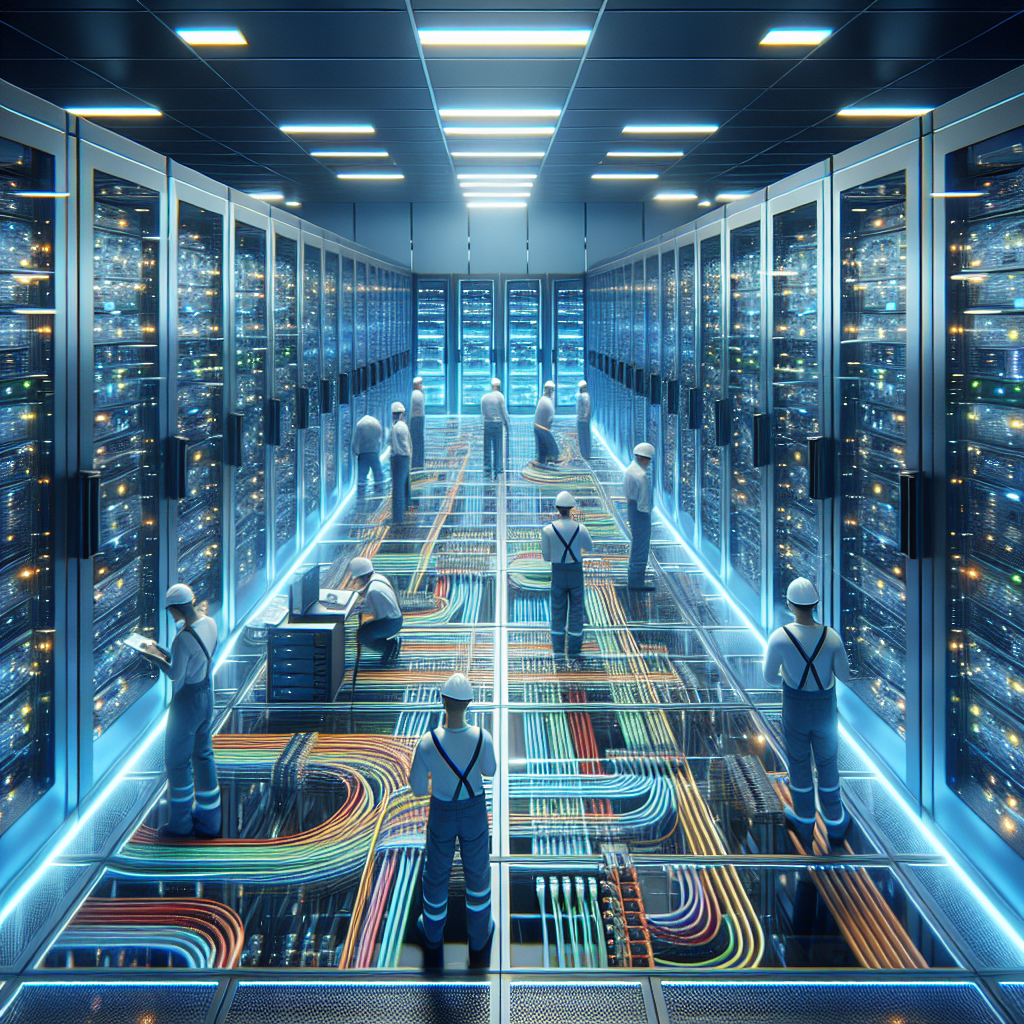Your cart is currently empty!
Ensuring Reliability in Data Center Electrical Infrastructure

In today’s digital age, data centers play a crucial role in storing, processing, and managing vast amounts of data for businesses and organizations. With the increasing reliance on technology, ensuring reliability in data center electrical infrastructure is more important than ever.
Data centers require a robust electrical infrastructure to power servers, networking equipment, and cooling systems. Any downtime or disruption in power supply can result in significant financial losses, damage to the reputation of the organization, and potential data loss. Therefore, it is essential to implement measures to ensure the reliability of the electrical infrastructure in data centers.
One of the key aspects of ensuring reliability in data center electrical infrastructure is redundancy. Redundancy involves having backup systems in place to ensure that if one component fails, there is a backup system that can take over seamlessly. This includes redundant power supplies, generators, and uninterruptible power supply (UPS) systems. Redundancy helps to minimize the risk of downtime and ensures continuity of operations.
Regular maintenance and testing of electrical systems are also critical to ensuring reliability. Electrical systems should be inspected regularly to identify any potential issues or faults before they escalate into major problems. Testing of backup power systems, such as generators and UPS systems, should be conducted regularly to ensure they are functioning correctly and can support the data center’s operations in the event of a power outage.
Monitoring and remote management systems can also help to ensure reliability in data center electrical infrastructure. These systems provide real-time monitoring of power usage, temperature, and other critical parameters, allowing data center operators to identify and address potential issues before they impact operations. Remote management systems enable operators to control and manage electrical systems from a central location, improving efficiency and responsiveness in case of emergencies.
In addition to redundancy, maintenance, and monitoring, it is essential to have a comprehensive disaster recovery plan in place. A disaster recovery plan outlines the steps to be taken in the event of a power outage or other emergency to ensure the continuity of operations and minimize downtime. This plan should include procedures for restoring power, data backup and recovery, and communication with stakeholders.
Ensuring reliability in data center electrical infrastructure requires a proactive approach and investment in robust systems and procedures. By implementing redundancy, regular maintenance, monitoring, and disaster recovery planning, data center operators can minimize the risk of downtime and ensure the reliability of their electrical infrastructure. In today’s data-driven world, reliability is key to maintaining the trust of customers and stakeholders and ensuring the smooth operation of critical business functions.

Leave a Reply